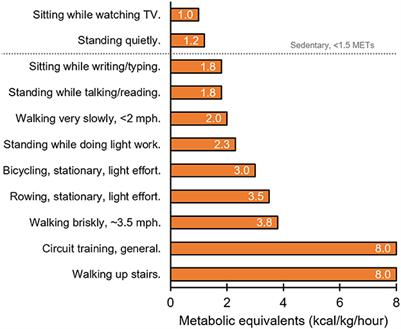EDITORIAL
Published on 06 Nov 2019
Editorial: Mechanisms by Which Acute and Chronic Exercise Promote Cardiometabolic Health
doi 10.3389/fcvm.2019.00159
- 1,916 views
46k
Total downloads
363k
Total views and downloads
You will be redirected to our submission process.
EDITORIAL
Published on 06 Nov 2019
ORIGINAL RESEARCH
Published on 06 Jun 2019
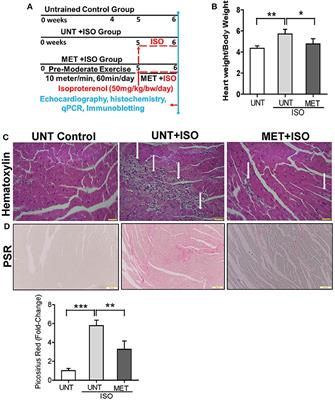
REVIEW
Published on 04 Jun 2019
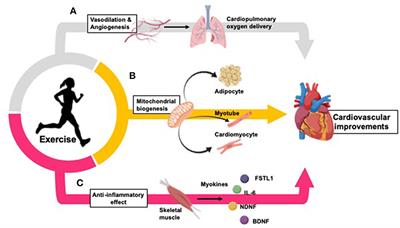
OPINION
Published on 29 May 2019

REVIEW
Published on 27 Nov 2018
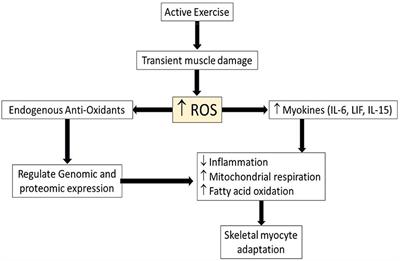
MINI REVIEW
Published on 28 Sep 2018
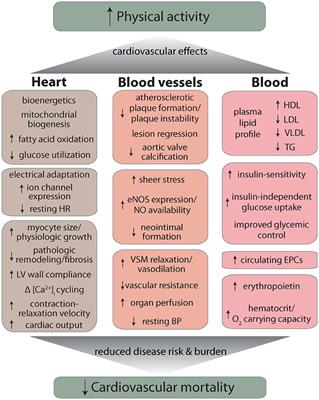
REVIEW
Published on 11 Sep 2018
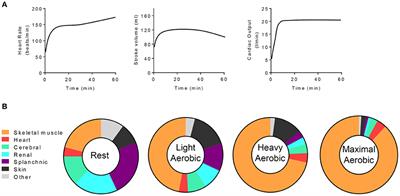
MINI REVIEW
Published on 10 Sep 2018
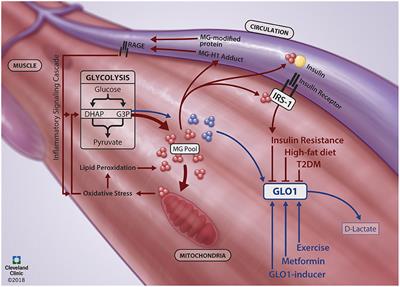
REVIEW
Published on 18 Jul 2018
